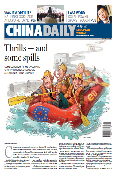Foreign reserves and the right to reserve
Updated: 2009-06-11 07:54
By Liu Junhong (China Daily)
The debate on how China should use its huge foreign reserves is back in focus after US Treasury Secretary Timothy Geithner's visit to China last week. The visit was part of the two countries' efforts to prepare for the Strategic and Economic Dialogue, to be held in Washington later this summer.
The global financial crisis has prompted the US to adopt an expansive budget and a loose financial policy to check the economy from receding further. Such a policy has caused the world's confidence in the dollar to diminish further, and increased the risk of countries holding US national debts. As a result, economies holding dollar-denominated assets have tried to cut their dollar investments and explore new avenues to change their reserves structure.
An economy has to change the structure of its foreign reserves to adapt to changing political and economic situations at home and abroad. But a reasonable structural adjustment does not mean unprincipled application or misuse of the reserves. No change should blur the fundamental attribute of a country's foreign reserves of representing its "national credit".
Thus when a country moves to make its foreign assets investment structure more reasonable, it should try to maintain and consolidate its international standing and creditability from a political and diplomatic perspective.
Foreign reserves of an economy reflect its foreign payment ability, that is, its capability to guarantee credit for its imports. Theoretically, foreign reserves of developed economies should be enough to meet their imports demands for three months, and that of developing countries should account for at least six months of their imports.
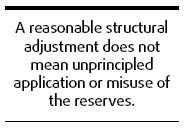
The globalization and liberalization of financial sectors worldwide has greatly boosted the forces of international speculators, and the scale of financial transactions continues to expand. That makes it necessary for a country to build its liquidation liability as part of its bigger foreign payment capacity construction.
Under these circumstances, the traditional bottom level of a country's foreign reserves has been continuously revised so much so that many economies have had to increase their reserves according to changed political and economic situations at home and abroad.
For example, fluctuating prices of oil and other strategic resources this decade - which have mostly shown a rising tendency - have made countries increase their foreign reserves because they consider it an important indicator of their ability to safeguard their strategic resources security.
In today's interdependent world, a solid pool of foreign reserves set up by a country has been regarded as evidence of its national credit. Since the Asian financial crisis of the late 1990s, the crisis-stricken East Asian economies have attached great importance to high foreign reserves in the hope of raising their debt payment ability and fending off a similar crisis.
The move has laid a solid foundation for East Asian economies to push for steady expansion of their trade and investment, and for sustainable development of their economy. For developing nations, established national credit and risk-controlling ability are important guarantees for a steady flow of overseas investment. And all these factors depend on whether they have strong foreign reserves.
Since entering the WTO in 2001, China has been trying to integrate into the global market. As a result, it has seen a continuous flow of overseas investment. Its trade with other economies has boomed, and its foreign reserves rapidly bulged. In 2005, China replaced Japan as the world's largest foreign reserves holder. And because of its increasing economic standing China has played an important role in settling a series of global issues.
The SARS outbreak in 2003, the devastating earthquake in Sichuan last May, and the ongoing global economic crisis have failed to rock China's economic foundation and reverse its upward development trend. Washington's aspirations to forge closer strategic cooperation with Beijing and its idea of building a "G-2" framework reflects China's rising international standing and creditability. All these cannot be achieved without the country's solid financial foundation provided by its vast foreign reserves.
China's $2-trillion foreign reserves, accumulated over 30 years, has not come by easily and must be handled with great precaution.
The country should make it a priority to maintain a reasonable foreign reserves structure and ensure their stability.
Choosing where and how to invest China's foreign reserves should not be a matter of simple assets investment, but a move to ensure the country's foreign assets safety and boost its political image globally.
The author is a researcher with China Institute of Contemporary International Relations.
(China Daily 06/11/2009 page8)
Paper's Digest
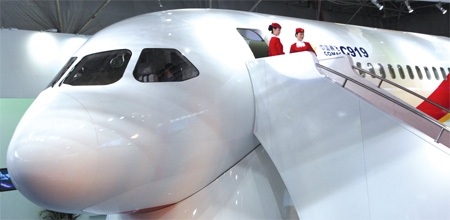
Chinese jet takes on Big 2
First large commercial plane set to ride on demand for aircraft as economy grows.
Super-CPU only for domestic eyes
Specials

Gaining ground
Doing business in china for westerners has come a long way, Peter batey says.
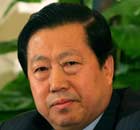
Safeguarding environment a priority
China continues to face mounting pressure to curb environmental degradation, despite progress in reducing pollution over the last five years, the environmental protection minister warned.
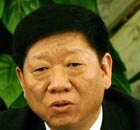
Employment to remain a continuing challenge
China's top labor official said the country will face a tough employment situation in the next five years.
